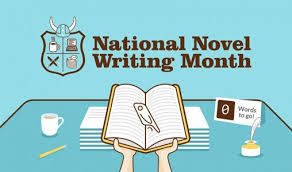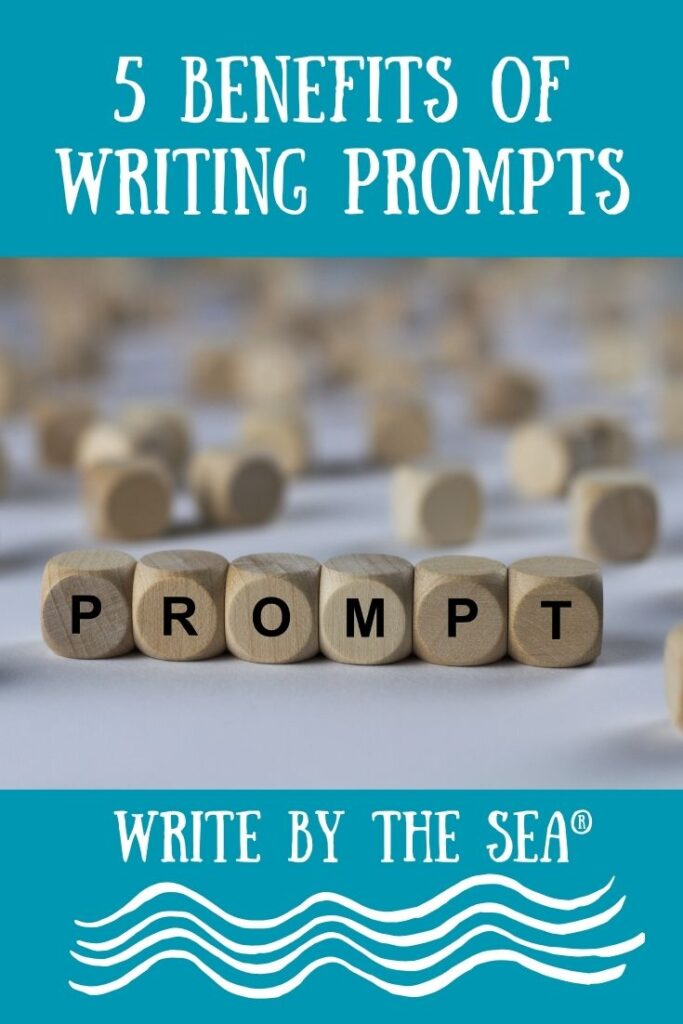Ask any writer what they think about editors and typically they’ll either despise them, or adore them.
There’s little in between.
And if a writer doesn’t have an opinion about the subject, then they’ve never had to deal with an editor.
“You have to give an editor something to change, or he gets frustrated. After he pees in it himself, he likes the flavor much better, so he buys it.” (Robert A. Heinlein, Stranger in a Strange Land)
That may be a bit harsh, but it’s not too far from the truth.
An editor’s job is in fact to whip out their red pen and bleed all over a writer’s precious manuscript.
Some only bleed a little, marking it up for punctuation and spelling, but others splatter it until it’s unrecognizable.
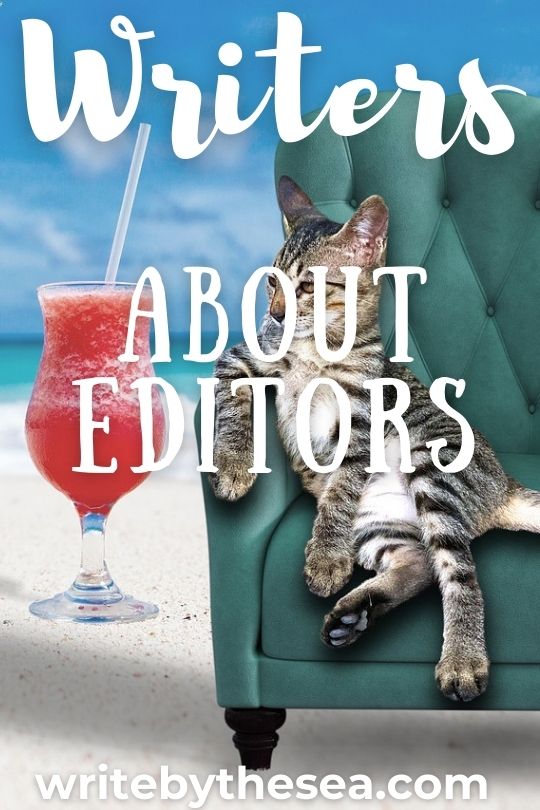
Mark Twain
One of America’s greatest authors – Samuel Clemens, better known as Mark Twain – entrusted his loving wife with editing his manuscripts.
A few years ago I did a bio on Twain and wrote about his “editor” –
Twain’s literary genius lay primarily in capturing dialogue as it was spoken, with its slang and gruffness, written with his own idiosyncratic spellings and punctuations, baffling his editors, who he fought with constantly to keep his writings intact. (His fiercest editor was his own wife, Livvy, who wouldn’t hesitate to wield a sharpened sword and excise anything she felt too risqué, or inappropriate.)
In dictating his autobiography, in November of 1906, Twain stated: “The children always helped their mother to edit my manuscript. She would sit on the porch at the farm and read aloud, with her pencil in her hand, and the children would keep an alert and suspicious eye upon her right along, for the belief was well grounded in them that whenever she came across a particularly satisfactory passage she would strike it out. Their suspicions were well founded. The passages which were so satisfactory to them always had an element of strength in them which sorely needed modification or expurgation, and were always sure to get it at their mother’s hand.
“For my own entertainment, and to enjoy the protests of the children, I often abused my editor’s innocent confidence. I often interlarded remarks of a studied and felicitously atrocious character purposely to achieve the children’s brief delight, and then see the remorseless pencil do its fatal work. I often joined my supplications to the children’s for mercy, and strung the argument out and pretended to be in earnest. They were deceived and so was their mother. It was three against one, and most unfair. But it was very delightful, and I could not resist the temptation. Now and then we gained the victory and there was much rejoicing. Then I privately struck the passage out myself. It had served its purpose. It had furnished three of us with good entertainment, and in being removed from the book by me it was only suffering the fate originally intended for it.”
Often those discarded efforts were due to his wife’s consternation.
Livy was his harshest critic and yet he relied on her to temper his sometimes irrational and explosive bursts of anger, his outrageous meanderings of whimsy.
In his later years, after Livy died in 1906, he no longer had her to excise his work, and some pieces that should have been shredded were left behind, to be published long after he too had passed from the living.
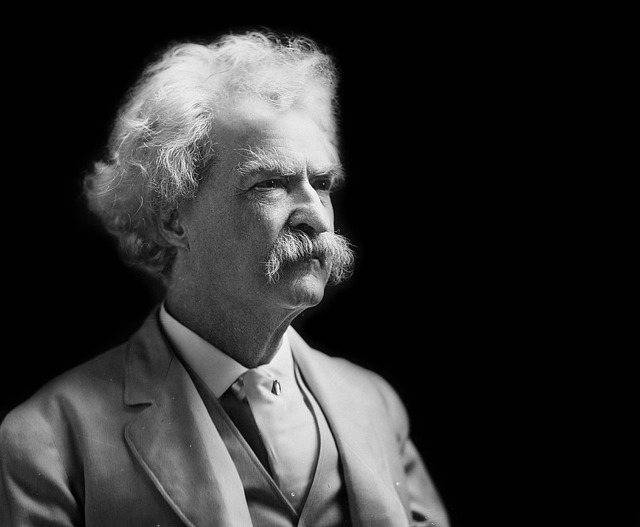
While Mark Twain entrusted his wife to be his editor, often a family member is the worst person to critique a writer’s work, tempering their honesty with less-harsh comments, leaving the scribe with an overblown opinion of their work, which may end up in the trash or rejection pile when submitted for publication.
Many writers think that once they’ve put the finishing touches on their manuscript, it needs no further edits, and they get just a bit incensed dare anyone touch their masterpiece.
But often writers are too invested to see obvious errors that, once changed, improve the published piece.
“Good editors are really the third eye. Cool. Dispassionate. They don’t love you or your work.” ~ Toni Morrison
Some writers erroneously think that an editor’s job is to make their life miserable, deflating their ego and destroying their masterpiece, but in fact, most editors are interested in the bottom line…prepping every manuscript (be it magazine article or published book) to be a good read, which translates to profitable, and in the world of publishing, profitable ensures future employment for both the writer and the editor.
“A good editor is someone who cares a little less about the author’s needs than the reader’s” ~ Dene October
During the process of book publishing, every step from copy editing and corrections, proofreading and corrections, layout and final corrections, then approval, is coordinated with the writer, so at the earliest stages they can battle it out and fight for their masterpiece, but they certainly won’t win every battle.
“Every writer, of course, has very specific ideas about editors. But writers seldom get the last word on anything.” ~ Terry McDonell, The Accidental Life: An Editor’s Notes on Writing and Writers
“The editor-writer relationship should not be thought of as adversarial.” ~ Benjamin Percy, Thrill Me: Essays on Fiction
Again the ultimate goal for everyone involved – the writer, editor, proofreaders, layout team — is to end up with a profitable book.
For the writer, it may require a little more give and take, but an underlying goal is to establish a reputation as someone the publisher will want to do another project with…and not someone they’ll be glad to be rid of.
About Gary Bloomfield
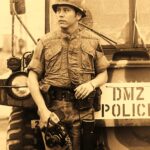 Gary Bloomfield is a former Army Journalist of the Year, and managing editor for VFW magazine. He was the senior editor for the two-volume illustrated series on WWII titled Faces of Victory, Europe and Pacific.
Gary Bloomfield is a former Army Journalist of the Year, and managing editor for VFW magazine. He was the senior editor for the two-volume illustrated series on WWII titled Faces of Victory, Europe and Pacific.
Bloomfield wrote Duty, Honor, Victory. America’s Athletes in WWII followed by Duty, Honor, Applause. America’s Entertainers in WWII which he co-wrote.
His other books include Maxims of General Patton, the citizenship study guide I Will be an American Someday Soon, illustrated bios on George Patton and Mark Twain (the latter co-written). He recently completed The Devil’s Playground, about the Korean DMZ, published in July of 2019, and The One I’ll Always Remember, a compilation of stories from military doctors and nurses, published in the Spring of 2020, both from Lyons Press. And in September of 2020 He co-wrote a bio on George Custer.
He is currently finishing a book titled Alive Day Vietnam, which is a compilation of stories from Vietnam vets recalling a very bad day in combat. He is also updating his book on WWII entertainers, rewriting a novel about the Iraq War and researching a novel about the Afghanistan War.
Don’t forget to join our mailing list.
Just fill in your name and email address, below:
Sending manuscripts to editors Here


